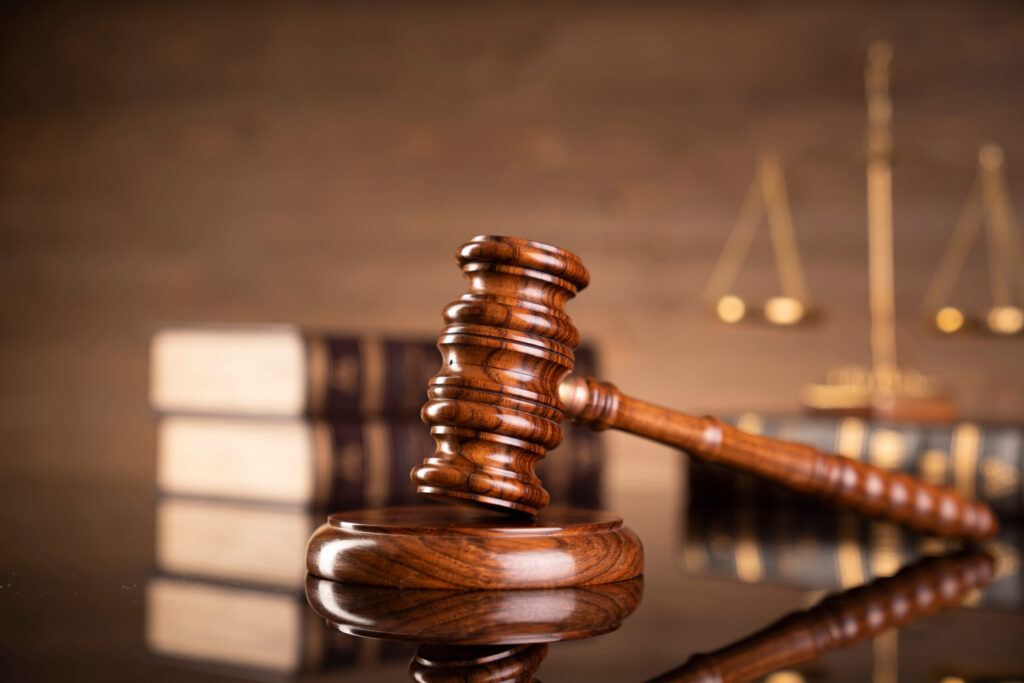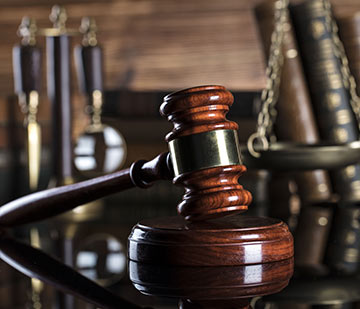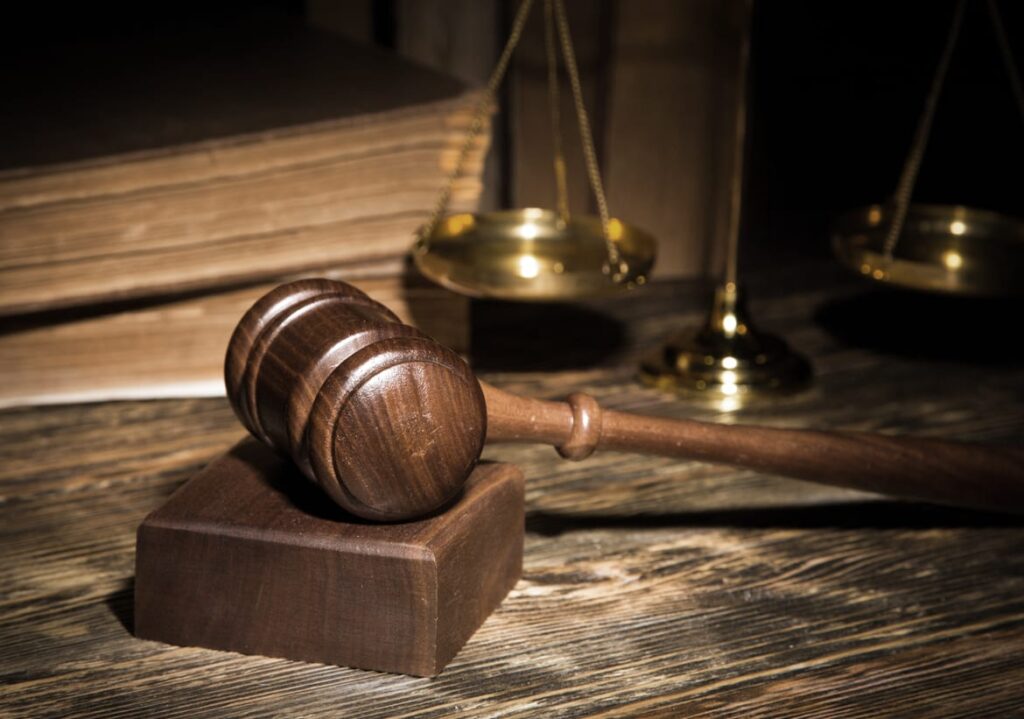On June 14, 2024, the Karnataka High Court granted bail to a 20-year-old man accused under the Protection of Children from Sexual Offences (POCSO) Act. The case, presided over by Justice M G Uma, involves allegations of sexual misconduct against a minor. The court was hearing a petition seeking a grant of bail under Section 439 of the Criminal Procedure Code (Cr.P.C.) in a case registered for offenses punishable under Section 354(A) of the Indian Penal Code, Section 8 of the Protection of Children from Sexual Offences Act, 2012, and Sections 66(C) and 66(E) of the Information Technology Act, 2000. The article delves into the legal arguments, the court’s observations, and the potential impact of the ruling on similar cases in the future.
Importance of the Bail Decision
The decision to grant bail in this case is significant for several reasons. Firstly, it highlights the court’s consideration of the potential adverse effects of prolonged detention on young individuals. Justice M G Uma observed, “the petitioner is hardly aged 20 years. If he is detained in custody, there is every possibility of him coming in contact with hardcore criminals, which is not in the best interest of the petitioner.” This ruling underscore the judiciary’s role in balancing the need to protect victims with the fair treatment and rehabilitation of the accused, especially when the accused is at a formative stage in life. The decision sets a precedent for future cases involving young offenders, advocating for a more rehabilitative approach within the criminal justice system.
Background of the Case For Bail
Details of the Accusation: The petitioner, Nikil Sankla, was caught by the police following serious allegations of misconduct involving a 17-year-old girl. According to the accusations, during his interactions with the minor on Instagram, Sankla took her intimate photos, committed sexual assault, and began blackmailing her and her family members. These allegations led to his arrest and subsequent legal proceedings.
Initial Arrest and Charges: Nikil Sankla was arrested after the accusations surfaced, with charges brought against him for multiple offenses. These charges included violations under Section 8 of the Protection of Children from Sexual Offences (POCSO) Act, Section 354A of the Indian Penal Code (IPC), and Sections 66C and 66E of the Information Technology Act, 2000. The arrest was conducted promptly to prevent any potential tampering with evidence or intimidation of witnesses.
Relevant Sections of Law Involved
The legal framework governing this case involves several key sections:
- Section 8 of the POCSO Act, 2012: This section deals with sexual assault against children, imposing stringent penalties on offenders.
- Section 354A of the IPC: This section addresses sexual harassment, including unwelcome physical contact and advances.
- Sections 66C and 66E of the Information Technology Act, 2000: These sections pertain to identity theft and the violation of privacy through the unauthorized capture and transmission of images.
The court noted discrepancies in the victim’s age, as recorded in the school admission register (indicating birth in 2003) and her birth certificate (indicating birth in 2006). Despite the alleged offenses occurring in December 2022, the first information report (FIR) was only filed in 2024. The court, considering these factors, stated that Sankla is entitled to be enlarged on bail under specific conditions to address concerns that he might abscond or tamper with witnesses. Consequently, the court granted the petition for bail.
Karnataka High Court’s Rationale On Bail
Judge’s Statement and Reasoning: A single judge bench of Justice M.G. Uma observed that prolonged detention of the petitioner, who is only 20 years old, might lead to adverse consequences. Justice Uma stated, “The petitioner is hardly aged 20 years. If he is detained in custody, there is every possibility of he coming in contact with hardcore criminals, which is not in the best interest of the petitioner.”
Impact of Prolonged Detention: The court considered the potential negative impact of prolonged detention on a young individual. Detaining the petitioner for an extended period could result in exposure to hardened criminals, potentially influencing him negatively and hindering his rehabilitation. The court recognized the importance of avoiding such detrimental exposure, especially given the petitioner’s young age.
Consideration of the Accused’s Age: The court considered the petitioner’s age, noting that he is only 20 years old. This consideration played a significant role in the decision to grant bail, as the court emphasized the need to protect young individuals from environments that could foster criminal behavior. The court’s decision reflects a balance between addressing the seriousness of the allegations and ensuring the petitioner’s well-being.
Legal Provisions and Precedents
Protection of Children from Sexual Offences (POCSO) Act, 2012: The POCSO Act, 2012, is a comprehensive law to protect children from offenses of sexual assault, sexual harassment, and pornography. Section 8 of the POCSO Act, under which the petitioner was charged, specifically deals with the punishment for sexual assault. This provision mandates rigorous imprisonment for a term not less than three years but which may extend to five years, along with a fine.
The POCSO Act, 2012, specifically defines a child as any person below the age of 18 years. Therefore, the provisions of this Act are applicable to anyone who commits an offense against individuals in this age group, ensuring their protection from sexual assault, sexual harassment, and pornography, prescribing severe penalties to ensure their safety and dignity. The Act mandates stringent penalties to ensure the safety and dignity of children, reinforcing the legal framework to safeguard minors from sexual offenses.
In the case of Nikil Sankla, despite being 20 years old, the Karnataka High Court granted him bail. The decision was based on multiple factors, including discrepancies in the victim’s reported age and the potential negative impact of prolonged detention. The court emphasized that keeping a young adult like Sankla in prolonged detention could expose him to hardened criminals, which might not be in his best interest. Therefore, while the POCSO Act strictly protects minors, the court’s decision to grant bail considered the broader implications of incarceration on a young adult’s future.
Sections of the Indian Penal Code (IPC): Section 354A of the Indian Penal Code pertains to sexual harassment and punishment for sexual harassment. It includes unwelcome physical contact and advances, a demand or request for sexual favors, showing pornography against the will of a woman, and making sexually colored remarks. These offenses are punishable with varying terms of imprisonment and fines, depending on the severity of the act.
Information Technology Act, 2000: The Information Technology Act, 2000, addresses various cybercrimes, including identity theft and the violation of privacy. Sections 66C and 66E are particularly relevant in this case. Section 66C deals with identity theft, prescribing imprisonment of up to three years and fines. Section 66E addresses the violation of privacy, specifically the capturing, publishing, or transmitting images of a private area of any person without their consent. This section also prescribes imprisonment and fines as penalties for the offense.
The Argument for Bail
Defence’s Perspective: The defence argued vehemently for bail, emphasizing Nikil Sankla’s right to freedom pending trial. They presented arguments focusing on procedural fairness, asserting that bail is a legal entitlement unless there are compelling reasons to deny it. The defence highlighted Sankla’s young age and lack of prior criminal record, portraying him as a candidate for rehabilitation rather than prolonged incarceration.
Highlighting Potential Risks in Jail: Another crucial aspect of the defence’s argument was the potential risks Sankla could face in jail. They underscored concerns about his safety and well-being, citing the possibility of exposure to more hardened criminals which could adversely impact his mental and physical health. By painting a picture of the harsh realities of prison life, the defence aimed to sway the court towards granting bail to protect Sankla from these risks.
Rehabilitation and Reform Possibilities: The defence also discussed the prospects of rehabilitation and reform for Sankla outside of jail. They proposed conditions for bail that would ensure his compliance with legal proceedings while also facilitating his integration back into society. Emphasizing Sankla’s willingness to cooperate with the law, the defence argued that bail would allow him to seek counselling and support services, fostering a path towards personal growth and eventual reintegration into the community.
Implications of the Ruling
Impact on Future Cases: The ruling in Nikil Sankla’s case sets a precedent for future cases involving similar circumstances under the POCSO Act, IPC, and IT Act. It highlights the judiciary’s approach to balancing the rights of the accused with the severity of charges, emphasizing factors such as age, procedural fairness, and rehabilitation prospects. This precedent may influence how courts interpret bail applications in cases involving young adults accused of serious offenses, potentially leading to more nuanced considerations of individual circumstances.
Discussion on Judicial Discretion: The decision also sparks discussion on judicial discretion in granting bail, particularly in cases where the accused’s age and lack of prior criminal record are significant factors. It underscores the judiciary’s role in ensuring fairness and justice while upholding legal principles. The use of discretion allows courts to tailor decisions to the specific details of each case, considering both the legal framework and the broader implications for the accused and society.
Potential Changes in Detention Policies: The ruling may prompt discussions on potential changes in detention policies, particularly concerning young adults accused of serious offenses. It raises questions about the effectiveness of detention in rehabilitation and public safety versus the risks associated with prolonged incarceration. This could lead to reforms aimed at balancing the rights of the accused with public safety concerns, potentially influencing legislative and policy discussions on criminal justice reforms.
These implications highlight the broader impact of judicial decisions on legal precedents, procedural fairness, and the evolving new criminal justice policies.
Foreign Laws Similar to POCSO: Lessons for India
United States: Child Abuse Prevention and Treatment Act (CAPTA), Victims of Child Abuse Act (VOCAA)
- Comprehensive framework for child protection.
- Emphasis on victim support services and rehabilitation.
- Continual updates to address evolving societal norms and legal challenges.
United Kingdom: Sexual Offences Act 2003
- Clear provisions for protecting children from sexual exploitation.
- Regular amendments to adapt to emerging issues.
- Strong focus on ensuring legal accountability and safeguarding children’s rights.
Australia: Criminal Code Act
- Robust statutory framework addressing child sexual abuse.
- National policies supporting child protection measures.
- Emphasis on prevention, detection, and prosecution of offenders.
Canada: Criminal Code (Sections 151-153)
- Specific statutes targeting sexual offenses involving children.
- Integrated approach with community and law enforcement collaboration.
- Legal provisions ensuring comprehensive protection of minors.
European Union: Directive on combating sexual abuse, exploitation of children, and child pornography
- Harmonized standards across member states.
- Focus on international cooperation and information sharing.
- Guidelines for preventing and addressing digital threats to children’s safety.
These laws showcase international best practices in combating child sexual abuse through legislative measures tailored to local contexts and legal traditions. India can draw lessons from these frameworks to strengthen its own legal protections, enhance victim support services, and ensure robust enforcement of laws against crimes targeting minors.
Previous Landmark Cases Related to Similar Judgments
- Alakh Alok Srivastava v. Union of India (2018), Supreme Court of India: This case dealt with the issue of child sexual abuse in shelter homes. The Supreme Court directed state governments to ensure strict implementation of the POCSO Act and take immediate action against those involved in such heinous crimes.The ruling underscored the need for stringent enforcement of child protection laws and the responsibility of state authorities in preventing child sexual abuse.
- Independent Thought v. Union of India (2017), Supreme Court of India: In a landmark judgment, the Supreme Court ruled that sexual intercourse with a minor wife is rape, thus removing the exception under Section 375 of the Indian Penal Code that allowed such acts. This case had significant implications for the POCSO Act. The judgment strengthened the legal framework for child protection and highlighted the importance of consent and age in sexual offenses.
- State of Karnataka v. Krishnappa (2000), Supreme Court of India: The Supreme Court upheld the conviction of the accused under Section 376 of the IPC for the rape of a minor. This case predated the POCSO Act but laid the groundwork for the importance of stringent punishment in cases involving child sexual abuse. The case emphasized the need for severe penalties for sexual crimes against children and influenced the later development of the POCSO Act.
- Sakshi v. Union of India (2004), Supreme Court of India: This case dealt with the need for procedural safeguards and in-camera trials for victims of child abuse and unnatural sex. The Supreme Court issued guidelines to ensure the protection of child victims during legal proceedings. The guidelines provided by the Supreme Court aimed to make the legal process less traumatic for child victims and ensure their dignity and privacy were maintained.
These landmark cases highlight the Indian judiciary’s efforts to combat child sexual abuse and ensure the effective implementation of laws designed to protect minors. They serve as precedents for future cases and contribute to the evolving legal surrounding child protection in India. The Karnataka High Court’s decision to grant bail to the 20-year-old POCSO accused underscores the delicate balance the judiciary must maintain between protecting society and safeguarding individual rights. By highlighting the potential harm of prolonged detention, particularly the risk of exposure to hardened criminals, the court demonstrated a nuanced understanding of the rehabilitative needs of young offenders. This ruling not only offers a path for the accused to reform but also sets a precedent for considering the broader implications of incarceration. As the legal system continues to evolve, such judgments play a crucial role in shaping a more humane approach to justice, ensuring that the rights of the accused are weighed alongside the imperative to protect vulnerable victims.




